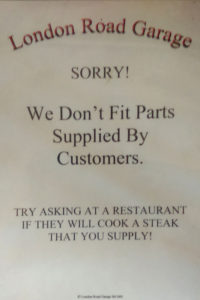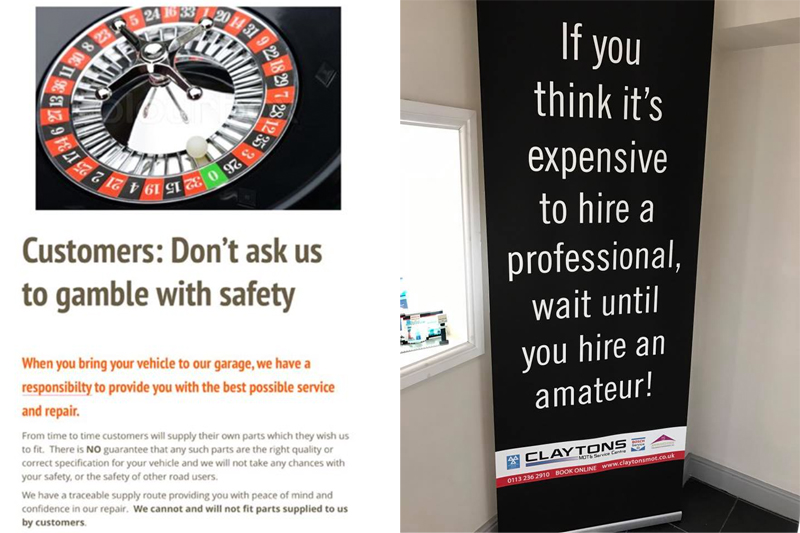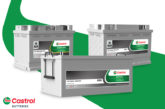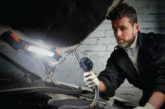Over recent months, there has been much conversation and speculation among garage owners and technicians, in relation to the dangers that come with fitting customer-supplied parts.
Much of this conversation has taken place within the Facebook group, ‘Say NO to Customer Supplied Parts (UK)’, set up to educate those working within the automotive repair sector. The discussion centers on the business and legal ramifications of fitting parts supplied by the customer.
In a survey conducted on the Facebook group:
69% said they wouldn’t fit customer-supplied parts.
29% said they used to fit customers parts but wouldn’t now.
2% said they would fit customer-supplied parts.
In our current climate, everyone is looking for a cheap deal and there’s no exception when it comes to the automotive aftermarket. Many of you will have come across customers arriving at the garage with their own clutch, brake pads or other components with the expectation that you will happily fit the parts they have supplied. However, by doing this you are not only missing out on the potential revenue generated from the sale of the parts, but you could also be losing out on a lot more.
If you have thought about fitting customer supplied parts or it’s something you’ve always done, just be aware of the legal repercussions you could be exposed to if a customer returns having experienced vehicle issues as a result of the repair you, or your garage, has carried out.
Although there is some room for interpretation under the law, it is your obligation, as the expert, to not proceed with the fitment if you believe the parts supplied to be unfit for purpose or of unknown quality. You can also still be successfully sued even if a signed declaration relinquishes any warranty claims between you and your customer. Your business contract would be unfair if you try to not take responsibility for:
- Death or injury – under any circumstances
- Losses caused by negligence – unless to do so is ‘reasonable’
- Defective or poor quality goods – unless to do so is ‘reasonable’
(It’s up to the courts to decide what is reasonable – https://www.gov.uk/unfair-terms-in-sales-contracts/unfair-business-contracts)
By accepting to undertake the job, you have assumed responsibility, which includes the acceptance of the reasonable quality of the supplied parts. In order to not be held responsible, you will have to prove beyond doubt that the parts, and not your involvement in the repair, caused the failure. Clearly, this could be difficult.

If the potential for a court case hasn’t yet raised an eyebrow, then maybe you should also consider the profit margins you are slashing by fitting customer-supplied parts – not just for your own business, but for the industry as a whole.
So what can we do?
Educate. Many garages aren’t aware of the legal implications of fitting customer-supplied parts, and many customers are quite unaware what they are asking of you when they turn up in your garage with their own parts. Once properly explained, one would hope their minds would change when it comes down to their safety and that of other road users. But, as always, there will be some customers chasing the cheapest possible solution and you might therefore question if their business is really worth your time.
However, it’s not just garages that have a part to play here. It’s very difficult for garages to perform if factors are selling parts cheaper at retail price than they are for the trade. Parts profit is part of your income. If garages are putting no mark-up on parts, the price for repairs is driven down.
Dave Hill of London Road Garage said, “Does any repairer seriously want his or her job compromised by inferior quality parts that they didn’t even make a profit on?
“It’s bad enough that already we have to contend with bonafide workshops fitting poor quality parts, such as mass airflow meters. A true professional understands that the only place to buy a system critical component like this is from the dealership. Only then can you guarantee (to a large degree at least) that the product that you are fitting is of the correct quality and supersession level.
“It is these narrow-minded and backward-thinking practices that contribute to the constant struggle we are faced with, in raising the profile of our industry to that of a more respected profession.”
As an industry, we need to improvise and adapt to the changing market before us. There are no winners in the race to the bottom.











